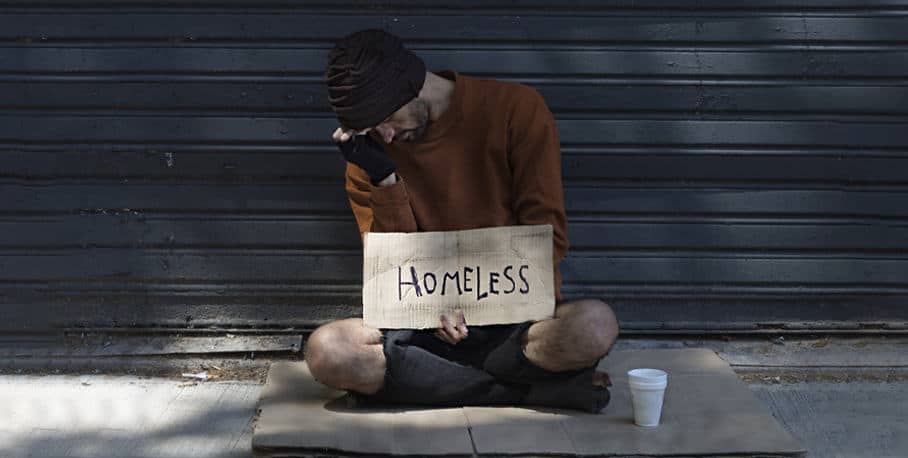8730 Wilshire Boulevard, California 90211
Get Help Now
8730 Wilshire Boulevard, California 90211
Get Help Now

A tragic < a href="https://ktla.com/news/local-news/man-on-bike-killed-by-hit-and-run-driver-in-los-angeles-crosswalk/">hit-and-run accident claimed the life of a homeless man in his 50s, in the West Adams neighborhood of Los Angeles. This incident sheds light on the vulnerability of bicyclists on city streets and the challenges faced in pursuing justice for victims of such crashes.
LAPD investigators added that the man was riding a bicycle in the crosswalk at the intersection of Hauser and West Adams boulevards. Police have no witnesses and no leads. No other details were available.
Although bicyclists represent only about 1% of vehicle traffic, they account for 2% of roadway fatalities, highlighting their disproportionate risk. This stark difference is because of the serious injuries bicyclists sustain in road wrecks.
Head injuries are a good example. Vehicle occupants often sustain fatal head injuries, although they have air bags, seat belts, and other advanced safety systems to protect them. Bicyclists are exposed to the same amount of force. However, at best, they only have thin bicycle helmets to protect themselves.
Traumatic Brain Injuries (TBIs), most of which are collision related, kill over 64,000 Americans every year. The victims who survive usually sustain permanent injuries, like lost bodily functions, personality changes, and severe constant headaches.
Speaking of bicycle helmets, there’s evidence that wearing a helmet increases serious injury risk. Subconsciously, when drivers see bikers wearing helmets, the drivers believe the bikers could survive wrecks, so they take more chances and disregard biker safety even further.
If they have little evidence to work with, police investigators often stop looking into hit-and-run accidents. But for a Los Angeles personal injury attorney, the work is just beginning in these situations. Lawyers, often while working with investigators, know how to find small seeds of evidence and water them until they grow.
The story above is a good example. As far as the police officers are concerned, there were no witnesses and therefore no case. However, if a traffic or other camera captured a picture of the vehicle damaged on the front near the scene of the accident and at the time of the wreck, that might be enough evidence to hold up in court. There is a high probability that the damaged vehicle was also a hit-and-run vehicle.
Yes, we know it’s weak. However, this is probably enough for a Los Angeles personal injury lawyer to receive some compensation. This compensation typically includes money for economic damages, such as medical bills, and non-economic damages, such as pain and suffering.
If the victim has no immediate family and no will, the economic loss is compensated by the hospital or other provider instead of our taxes. Non-economic damages usually go to the deceased’s closest relatives. No one is ever completely alone in this world.
Bicyclists remain highly vulnerable on the roads, and hit-and-run cases like this highlight the importance of justice and accountability. For a free consultation, contact the Law Offices of Eslamboly Hakim, where experienced attorneys can help victims and their families find solutions even in challenging cases.
Tag: